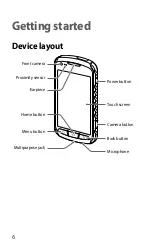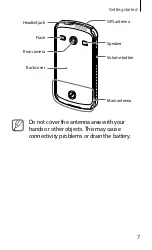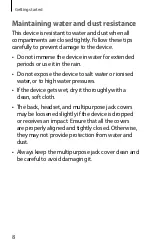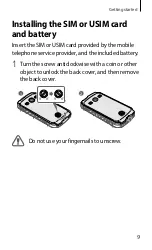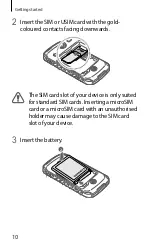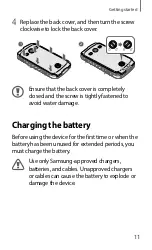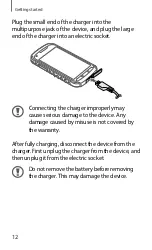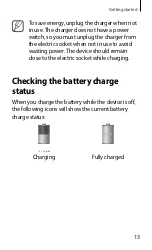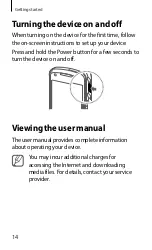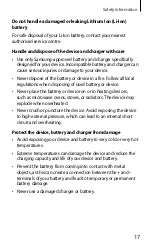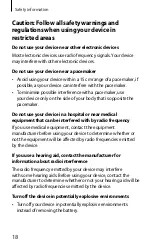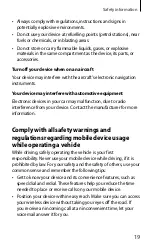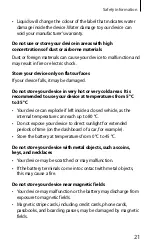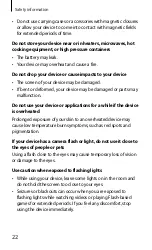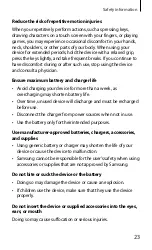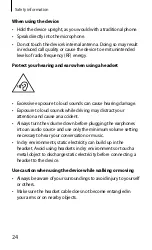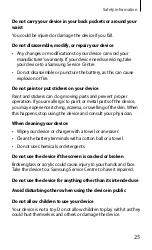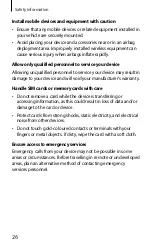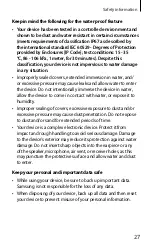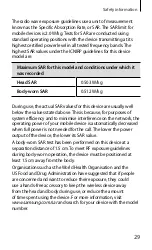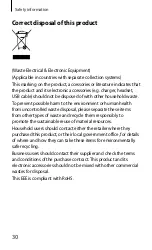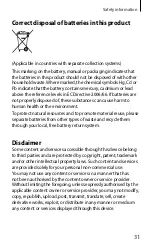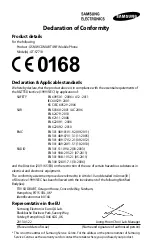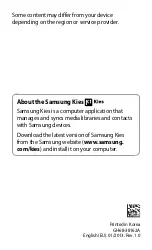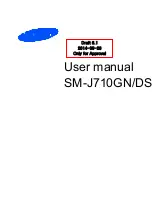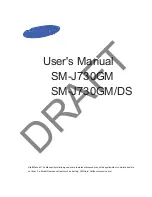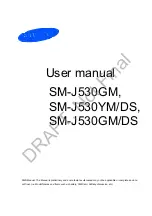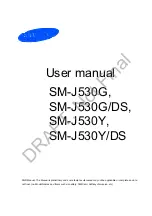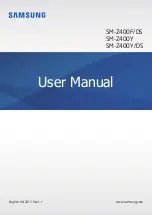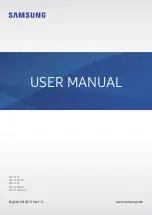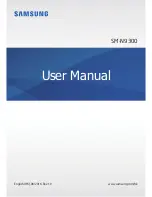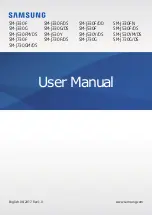
20
Safety information
•
Suspend calls in heavy traffic or hazardous weather conditions.
Rain, sleet, snow, ice, and heavy traffic can be hazardous.
•
Do not take notes or look up phone numbers. Jotting down a
“to do” list or flipping through your address book takes attention
away from your primary responsibility of driving safely.
•
Dial sensibly and assess the traffic. Place calls when you are not
moving or before pulling into traffic. Try to plan calls when your
car will be stationary.
•
Do not engage in stressful or emotional conversations that
may be distracting. Make the person you are talking to aware
that you are driving and suspend conversations that could
potentially divert your attention from the road.
•
Use your device to call for help. Dial a local emergency number
in the case of fire, traffic accidents, or medical emergencies.
•
Use your device to help others in emergencies. If you see a car
accident, a crime in progress, or a serious emergency where lives
are in danger, call a local emergency number.
•
Call roadside assistance or a special, non-emergency assistance
number when necessary. If you see a broken-down vehicle
posing no serious hazard, a broken traffic signal, a minor traffic
accident where no one appears injured, or a vehicle that you
know to be stolen, call a number that is designated for reporting
these types of situations.
Proper care and use of your mobile device
Keep your device dry
•
Humidity and liquids may damage the parts or electronic
circuits in your device.
•
Do not turn on your device if it is wet. If your device is already
on, turn it off and remove the battery immediately (if the device
will not turn off or you cannot remove the battery, leave it as-is).
Then, dry the device with a towel and take it to a service centre.

